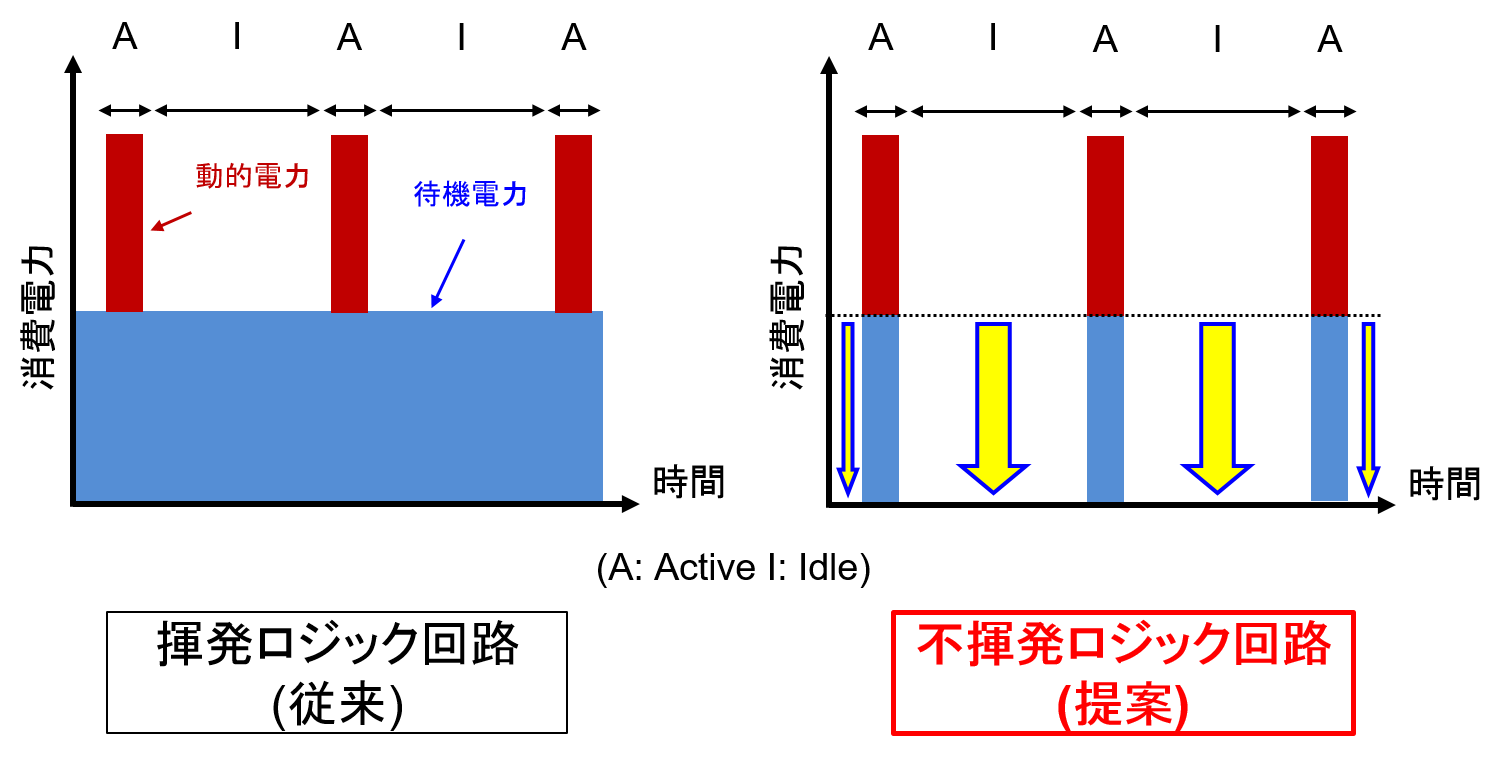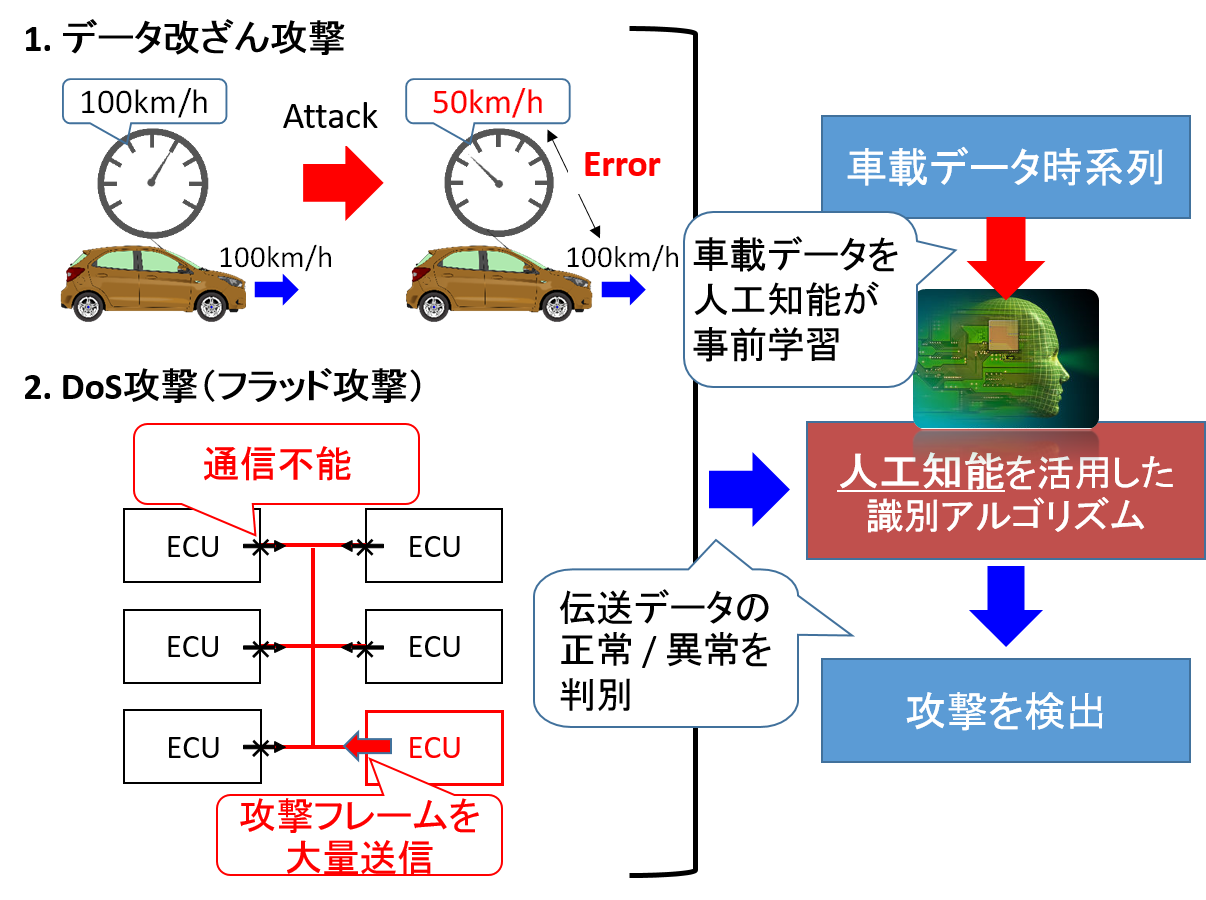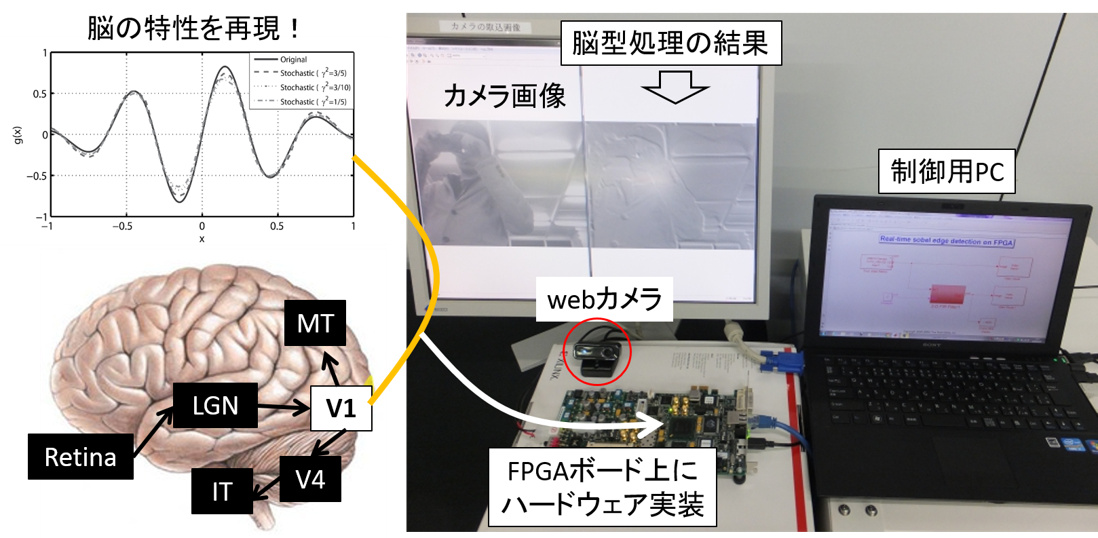Nonvolatile Logic LSI

In order to realize advanced Internet of Things (IoT) society, it is required that edge terminals (local devices) once again perform intensive computations, while now maintaining ultra-low power consumption. However, conventional volatile circuits must be powered to store information, which consumes a large amount of standby power. Non-volatile logic solves these problems and makes it possible to completely cut off standby power during while idle, thus enabling ultra-low power consumption. In our laboratory, we are researching various nonvolatile logic circuits such as MCU and FPGA.




